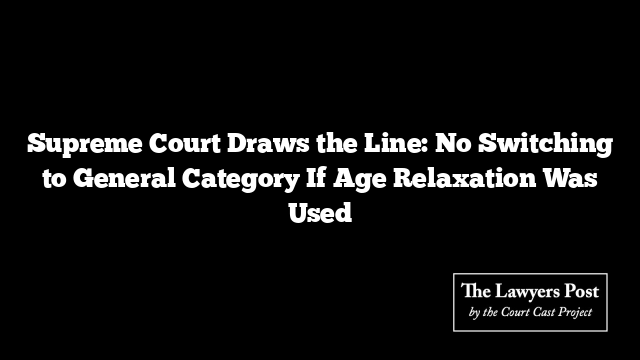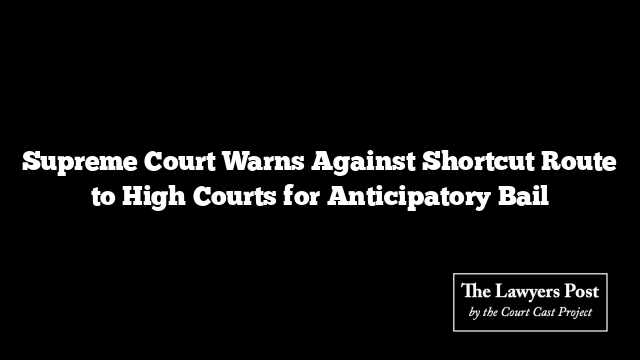In a ruling that clears the air on a long-debated question, the Supreme Court has held that candidates from reserved categories who benefit from age relaxation cannot later claim seats in the unreserved pool if the recruitment rules explicitly forbid such a move.
The case stemmed from a Staff Selection Commission recruitment drive for Constable (GD) posts, where the age cap was 18–23 years, with a three-year extension for OBC applicants. The respondents entered the process under the OBC quota, using this relaxation to qualify. Though their scores outshone the cut-off for general candidates, they still fell short within their own category’s merit list.
The High Court had earlier sided with them, saying merit should prevail and that they could be slotted into unreserved seats. The Union of India, however, challenged that decision before the Supreme Court.
A bench led by Justices Surya Kant and Joymalya Bagchi overturned the High Court ruling, emphasizing that the rules matter more than broad principles. The Court pointed out that earlier judgments like Jitendra Kumar Singh v. State of UP (2010) applied to a unique statutory setup in Uttar Pradesh that allowed such migration, whereas in this instance the governing Office Memorandum made it clear—no migration if relaxation is availed.
The bench stated that each case must be tested against its own framework:
-
If recruitment rules are silent on the issue, a reserved category candidate who beats the general cut-off without any special concessions can migrate.
-
If the rules impose a bar, the door to the general category remains firmly shut.
The judgment also revisited Saurav Yadav v. State of UP (2020), reinforcing that migration to the unreserved category is permissible only when no concessions are taken and no embargo exists. Since an explicit bar was in place here, the respondents could not claim general category seats despite their higher marks.
With this, the Supreme Court allowed the Union’s appeal, striking down the High Court’s order.




